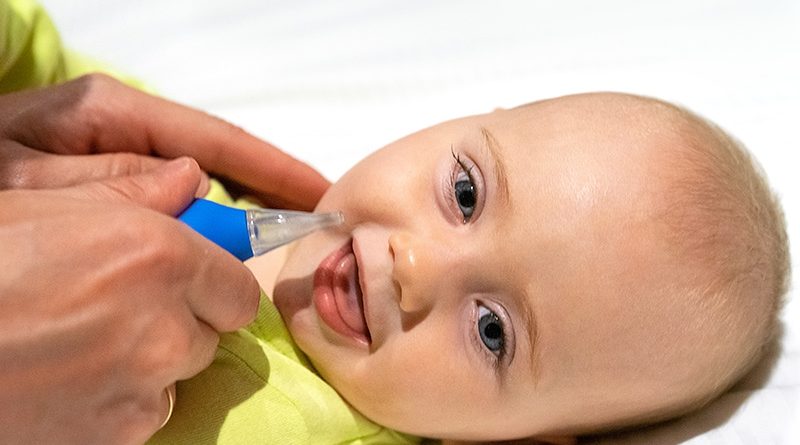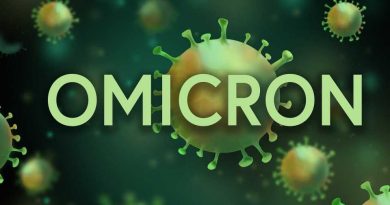Enhanced Nasal Suction Makes Little Difference in Infant Bronchiolitis
TOPLINE:
Enhanced battery-operated nasal suctioning in infants with bronchiolitis discharged from the emergency department (ED) lacked incremental benefits over minimal bulb suctioning.
METHODOLOGY:
-
The Suctioning of Nose Therapy in Bronchiolitis Trial included 372 infants (age, 4 weeks to 11 months) with bronchiolitis discharged from the ED.
-
Infants were randomly assigned to minimal bulb suctioning (n=185) or enhanced battery-operated nasal suctioning (n=187) before feeding for 72 hours.
-
Primary outcome was the use of additional resources, including any unscheduled family- or healthcare practitioner–initiated bronchiolitis-related visit to any medical facility within 72 hours of ED discharge or use of any unassigned suctioning devices for feeding or breathing concerns.
TAKEAWAY:
-
Additional resources were used by 32.7% infants, including 37.0% and 26.2% in minimal and enhanced suctioning groups, respectively (absolute risk difference, 0.11; P = .03).
-
Unscheduled revisits to medical facility (P = .46) were similar, but use of additional devices because of a perceived lack of feeding or breathing improvement was higher with minimal suctioning (P < .001).
-
The proportion of bronchiolitis-related and ED revisits, parental satisfaction with care at home, and changes in normal infant feeding and sleeping within 72 hours of discharge were not significantly different between the groups.
IN PRACTICE:
In an invited commentary, Dr Alan R. Shroeder of Stanford University School of Medicine, Stanford, California, and colleagues wrote, “If affordability is an issue, clinicians and parents can be comforted by the findings in this trial that the most expensive device does not appear to confer meaningful clinical outcomes over the cheapest.” They added further, “Parents are less satisfied with minimal suctioning and may be more likely to try something else, but there is no evidence that the more expensive approach leads to better outcomes for their infants.”
SOURCE:
This study was led by Suzanne Schuh, MD, Division of Pediatric Emergency Medicine, The Hospital for Sick Children, Canada. It was published online on October 19, 2023 in the JAMA Network Open.
LIMITATIONS:
Parents were not blinded to the intervention, which might have influenced outcomes. As it was not feasible to include a no suction group, a minimal suction group was included, but the findings of the minimal group are not applicable to the no suction setting. Moreover, the findings cannot be generalized to ED or in-patient setting.
DISCLOSURES:
This study was supported by a grant from the Physicians’ Services Incorporated Foundation. Dr Plint, Dr Zemek, and Dr Parkin reported receiving grants and other financial support from various sources.
Source: Read Full Article



